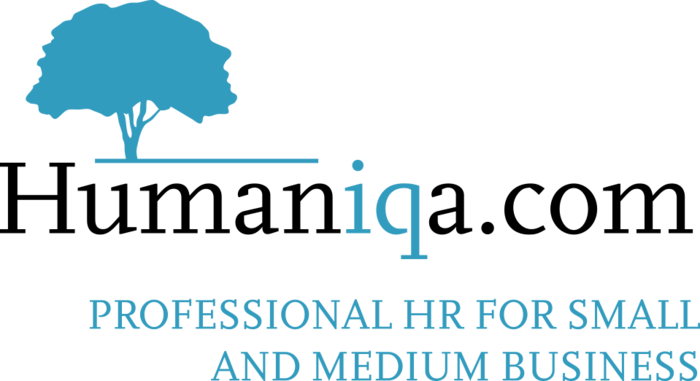AODA requirements for January 1, 2016 October 26 2015
As the New Year quickly approaches, so to will new accessibility requirements come into effect. As I’m sure all Ontario employers are aware by now, the Accessibility for Ontarians with Disabilities Act (AODA) was created with the goal of making Ontario accessible for all individuals with disabilities by the year 2025. Over the last few years, companies of varying sizes have had certain requirements on them, and it’s not over yet.
Come January 1, 2016, organizations with 50 or more employees (considered large organizations) will need to meet even more accessibility requirements. Large organizations will have to comply with the requirements set out in Part III, Employment Standards Regulation, under the AODA. The requirements in Part III apply only to employees; not to volunteers and other non-paid individuals. The eleven (11) requirements are as follows:
- Recruitment: employers must notify job applicants that, where needed, accommodations for disabilities will be provided upon request (AODA Section 22);
- Interviewing and Assessment: employers will notify job applicants who have been invited to participate in a recruitment, assessment or selection process that, where needed, accommodations for disabilities are available upon request (AODA Section 23);
- Notifying Successful Applicants: employers will notify successful applicants of their policies for accommodating employees with disabilities when offering employment (AODA Section 24);
- Informing employees of supports: employers will inform new and existing employees of their policies for supporting employees with disabilities (AODA Section 25);
- Accessible formats and communication supports: employers will work with their employees who have disabilities to provide them with the accessible formats and communications supports they require in order to do their jobs effectively (AODA Section 26);
- Workplace Emergency Response: employers will prepare for the specific needs that employees with disabilities may have in emergency situations (AODA Section 27);
- Individual Accommodation Plans: employers are required to develop individual accommodation plans for employees with disabilities of which they have been made aware (AODA Section 28);
- Return to Work: employers will have in place a documented process for supporting employees who return to work after being away for reasons related to their disabilities (AODA Section 29);
- Performance Management: employers that use performance management processes will take into account the accessibility needs of employees with disabilities (AODA Section 30);
- Career Development and advancement: employers that provide career development and advancement opportunities will take into account the accessibility needs of their employees who have disabilities (AODA Section 31);
- Redeployment: employers that use redeployment processes will consider the accessibility needs of employees with disabilities when moving them to other positions (AODA Section 32).
Aside from the fact that these are required by both the AODA and the Human Rights Code, adhering to the Employment Regulations of the AODA will benefit your business. Having an inclusive and accommodating recruitment process, including interviewing and assessments, will help businesses to avoid unintentionally limiting the talent pool. Having their recruitment process open to all, with or without disability, ensures that employers have access to every possible individual with the knowledge, skills and abilities to perform the job.
For questions or concerns about the Employment Regulations of the AODA, contact our OnDemand Team.
